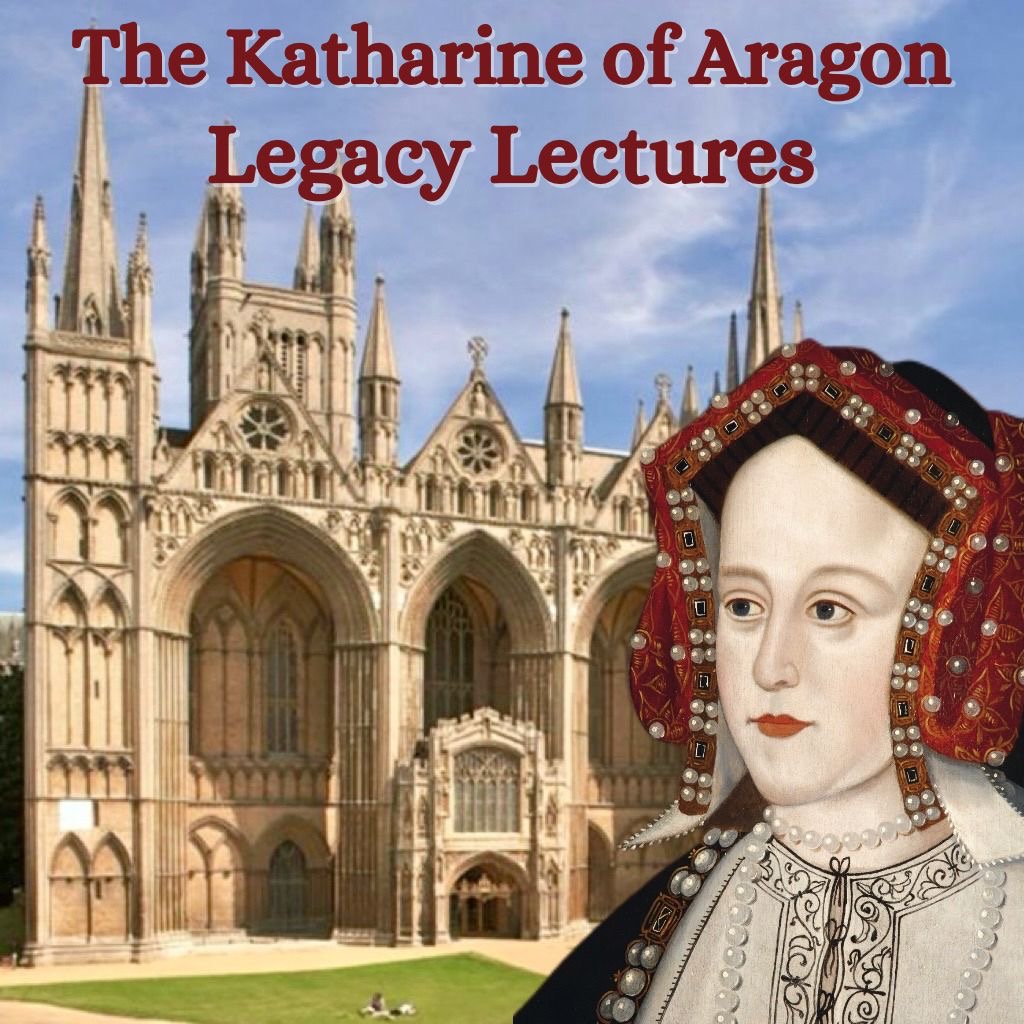Janet Wertman is getting set to publish the third book in her Seymour Saga trilogy! The Boy King is the story of Edward VI, one that has somehow been rarely told and never fictionalized.
To mark the occasion, Janet has written a wonderful guest post entitled “Understanding the life of Edward Tudor.” Without further ado, over to Janet!

I am thrilled to be here celebrating my new book, proud to be the person who finally novelized the story of Edward Tudor (other than Mark Twain more than a hundred years ago in The Prince and the Pauper – and his tale ended just where mine begins). Thank you so much, Natalie, for the chance to give Edward’s life some context among so many Tudor friends!
That context begins with the fact that Edward was not the sickly child that some historians claim he was – using the same hindsight that also applies such a label to Arthur Tudor and Henry Fitzroy. Edward was a healthy baby (we know he “suckled strongly” from the outset), and as he grew he was described as “tall” and “merry” (of course he was merry – he was lavishly provided with toys and comforts, including his own troupe of minstrels). Most important, he was strong enough to shrug off a life-threatening quartan fever at age four, and then similarly survived measles and smallpox when he was older. Admittedly, those later illnesses would have taken a bad toll on his lungs…

Of course, overprotection and cossetting may have made him a bit vulnerable. The story of Henry VIII is the story of his search for an heir (and then a spare). Because of that, Henry enforced exacting standards of security and cleanliness in his son’s household, stressing that Edward was “this whole realm’s most precious jewel.” This made his caretakers cautious, and laid a heavy mantle of responsibility on Edward’s shoulders that burdened him from his earliest days.
Perhaps this is what made him prefer his studies to his friends! He was bookish and intellectual – not that this stopped him from being good at archery and enjoying tennis and riding and tilting at the ring. He was also reserved and quiet – not that this stopped him from acting a little crazy at times. (One day, after Edward had just knighted some seven men chosen by the City and had the Sword of State in his hand, he decided on a whim that he would knight Nicholas Throckmorton. Nick was apparently afraid that others would think he had overstepped and tried to decline, but Edward insisted – to the point of chasing his friend through the halls, whooping and yelling, brandishing the sacred sword high before him until he got close enough to give the magic tap on the shoulder.)
Edward was the first ruler to be brought up Protestant – thanks in part to coincidence. A Tudor boy began his education when he turns six, and Edward reached that milestone after his father had married Katherine Parr. Katherine, a true Reformist, had already started to try and create more of a family focus for Henry, and her attention encouraged Henry to accept her suggestions for Edward’s tutors – all of whom were much more radical than Henry might have picked on his own.
As a result, Edward was pretty uncompromising when he came to the throne at nine, and intent on fulfilling what he saw as his God-imposed destiny to bring reform to England. At the same time, his father had been a larger-than-life revered figure, and Edward must have worried that he would never measure up. Which of course just made it easier for the people around him to manipulate him, people he should have been able to trust (despite the lesson his father had tried to impart that a king cannot really trust anyone…).

At Edward’s accession, the world looked bright – even to him. He got to insist on a delay in his coronation procession so that he could enjoy the antics of a tumbler – and he was given a sweet puppy, a tiny thing for him to protect and love and trust. Unfortunately, things quickly soured from there in the face of Tom Seymour’s jealousy – and further worsened when Somerset also succumbed to the siren song of ambition. We know today that Edward’s instructions to the Council as to his uncle’s fate were tampered with; in my story, I decided that Edward discovered this sooner rather than later (I believe he did discover it based on a comment that showed he understood the execution had been politically motivated) so that I could better show how his chilling diary entry (“The Duke of Somerset had his head cut off on Tower Hill at nine this morning”) hid an overwhelming hurt.
I’m not going to go any further than that right now to talk about his final challenge. All I will say is that again, you may have heard the story, but never from Edward’s own perspective…
For more information, visit Janet Wertman’s official website.

















Interesting